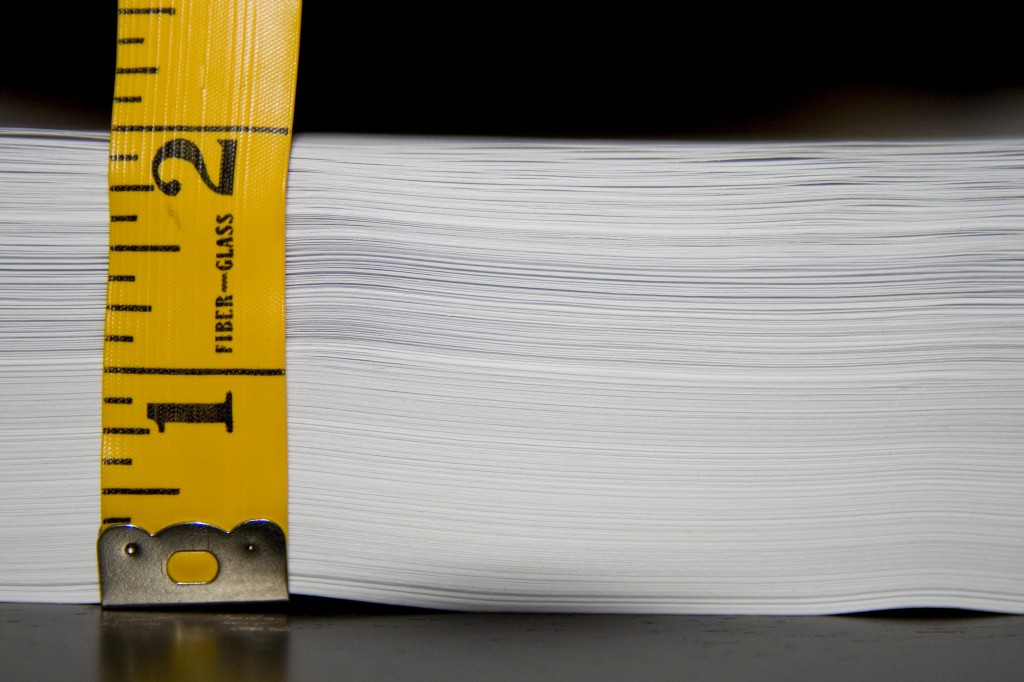Yes, it is difficult and most of the time, you think that it will waste your precious research time. Well, the answer is you don’t have to spend time trying to understand what is the core of the thesis content in your first attempt. It will definitely put you off. But somehow you have to read it because it might have some interesting discussion that you might be able to use or refer to in your research. For sure you don’t want to missed out some important literature. But at the same time you don’t want to end up feeling ‘what a waste of time’.
Skim Reading is the answer so far. It help you to gather the core ideas in the thesis so that you are able to understand, not to missed out, and then to make decision whether you should spend a bit more time reading the thesis thoroughly. On the other hand you will be able to say to our supervisor that ‘Yes, I have read the thesis. It is interesting research but it is not relevant to what I am researching at the moment’. There are plenty of different websites that teaches skim reading. But I have tried this one in particular and found that the methods here and the exercise they offers is very easy to learn on how to skim read.
Reading thick thesis is not that difficult after all. Good luck!

